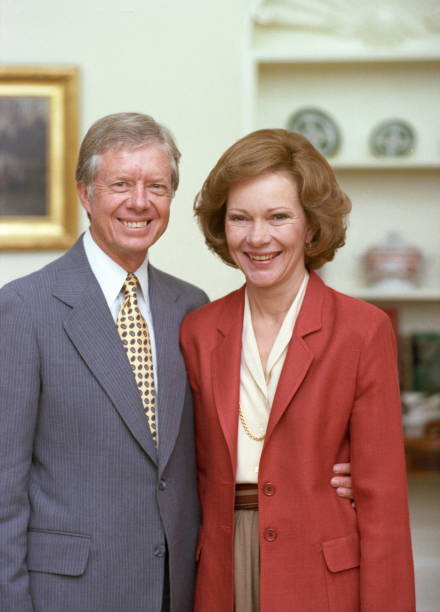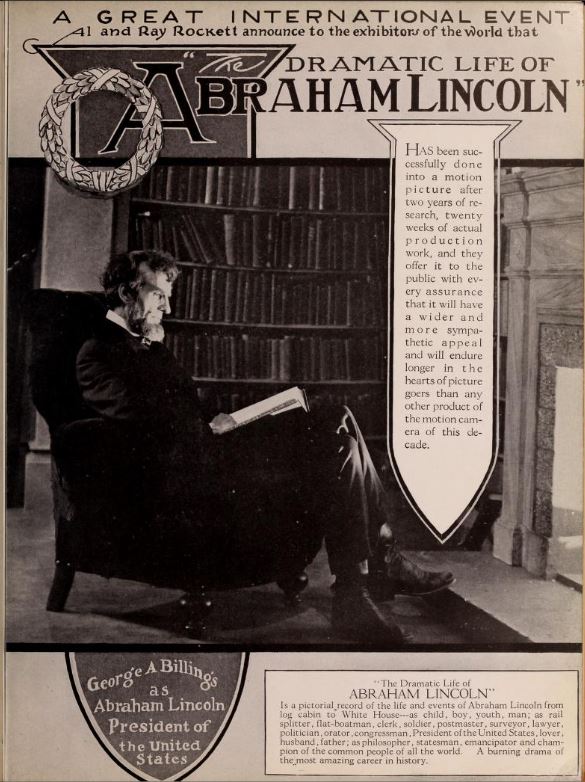 |
| lucywho.com |
2024 was another interesting year. Russia's invasion of Ukraine continued. House Republicans, led by Moscow Marjorie Taylor Greene stalled new funding to support Ukraine. Ukraine invaded Russia.
In January, the San Francisco Recreation and Parks Department decided to change the name of Stow Lake in Golden Gate Park to Blue Heron Lake. Caltrans removed the statue of Gaspar de Portolá at the park and ride lot by the Pacifica Community Center.
I had fun welcoming students and parents to the computer lab for the Catholic Schools Week open house.
I had planned to finish the Albert Bierstadt series at the end of 2023, but I decided to carry on in the new year.
American criminal Al Capone was born 125 years ago. Drummer Max Roach would have celebrated his 100th birthday. Comedian John Belushi and musician Robert Palmer would have been 75.
Singer/songwriter Melanie and CBS reporter Charles Osgood died.
 |
| listal.com |
In February, Alexei Navalny, opponent of Vladamir Putin, mysteriously died in prison. Everyone in the world believes that Putin murdered Navalny.
In February Macy's announced that their Union Square store would close in about a year. The 49ers appeared in the Super Bowl; they lost.
I noted the beginning of the Lunar New Year, the Year of the Dragon.
Ash Wednesday fell on Saint Valentine's Day, so we shifted our festivities to Mardi Gras.
I wrote about the 100th anniversary of the death of Woodrow Wilson.
Musician Wayne Kramer, actors, singers and dancers Chita Rivera and Hinton Battle, and actors Don Murray and Carl Weathers died.
In March we had a beautiful rainbow over Pacifica.
I wrote about the 100th anniversary of a series of explosions at the Castle Gate coal mine in Utah which killed 171 miners underground and the leader of the team that tried to rescue them. I also wrote about the 100th anniversary of the start of the US Army's attempt to make the first aerial circumnavigation of the earth.
I wrote about El Generalisimo Wheeler, famous pig.
I noted the 75th anniversary of the first television broadcast of a San Francisco Seals game.
I wrote about what would have been Sarah Vaughn's 100th birthday.
In March, Steve Lawrence and Eric Carmen of the Raspberries died. I did not write about them.
 |
| cnn.com by artist Christine Cornell |
In April, our former so-called president went on trial in New York for 34 felony counts related to election interference. He is the first former president to be charged and to go on trial.
Iran attacked Israel with hundreds of missiles and drones. Israel paused in its attacks on Gaza.
BART had a special last run for its legacy cars.
In April, OJ Simpson died. Good.
 |
| cnn.com by artist Christine Cornell |
In May, our former so-called president was found guilty on all 34 felony counts related to election interference. He is the first former president to be convicted of a felony.
When I posted my monthly Toonerville Trolley cartoon, I also posted a 1924 article about cartoonist Fontaine Fox.
I found my first example of a record ad that mentioned the Wolverine Orchestra, Bix Beiderbecke's group.
I wrote about the continued progress in the first round-the-world flight 100 years ago. I noted the 100th anniversary of the premiere of the Marx Brothers' first Broadway revue. i mentioned the 100th anniversary of Calvin Coolidge signing the 1924 immigration act.
I noted what would have been the 125th birthday of Fred Astaire.
I wrote about the 100th anniversary of the death of Moses Fleetwood Walker, who was one of the last African-Americans to play in the major leagues before Jackie Robertson. I noted the 50th anniversary of the death of Duke Ellington.
In May basketball player and commentator Bill Walton died. I remember he was injured much of the time, but when he could play he was great. Jazz musician Daivd Sanborn died.
In June, Willie Mays died. Soon after, Orlando Cepeda also died. The Giants played the Cardinals at Birmingham's Rickwood Field in a tribute to the Negro Leagues and Willie Mays. Major League Baseball merged many Negro League statistics into the MLB statistics.
We went to our first Giants game since COVID-19. The Giants beat the Dodgers.
I wrote about the 100th anniversary of the Indian Citizenship Act. I noted the 80th anniversary of D-Day.
I posted a statement on lynching by Booker T Washington.
Françoise Hardy and Jerry West died.
I noted the 100th anniversary of the death of Franz Kafka.
 |
| paris2024.org |
In July I made several posts about the 1924 and 2024 Paris Olympics.
In July, an assassin shot at convicted felon Donald Trump, but he was not seriously injured. The Shooter was killed.
At the end of July, President Joe Biden announced that he was stepping aside from his reelection campaign and threw his support behind Vice President Kamala Harris.
We went to see our niece get married in Camarillo.
I noted the 100th anniversary of the US Post Office beginning day and night transcontinental airmail service.
We went to our first Giants game since COVID-19. They beat the Dodgers.
I found a Gennett ad for records by Jelly Roll Morton.
I started a new series about Kodak's early competitors. I found that I didn't know much about them.
I started a new series of cartoons by Rube Goldberg.
Bob Newhart, Duke Fakir, John Mayall, Jerry Miller, Shelley Duvall and Martin Mull all died.
 |
| moveon.org
|
Vice President Kamala Harris chose Minnesota Governor Tim Walz as her running mate.
In August, Ukraine invaded the Kursk region of Russia. That was a surprise.
I started a new series of the cartoons of John Held Jr.
For the present, at least, I finished the series about the paintings of Albert Bierstadt.
I wrote about the 125th anniversary of the birth of Jorge Luis Borges. I wrote about the 100th anniversary of the births of James Baldwin and Dinah Washington. Eric Carmen, who had died in March, would have turned 75 in August. Leon Redbone would have been 75.
In August, we noted the 100th anniversary of the death of Joseph Conrad.
 |
| San Francisco Examiner, 01-September-1924 |
I took an unplanned break in parts of September and October.
In September I wrote about what would have been the 100th birthday of Ella Mae Morse.
In October, I wrote about former President Jimmy Carter's 100th birthday. He wanted to live long enough to vote against T***p in November.
I posted about San Francisco's Proposition K, which would permanently end auto traffic on the Great Highway.
While fighting Hamas in the Gaza Strip, Israel attacked Hezbollah in Lebanon.
Towards the end of the month, I posted a series of Halloween-related items.
Harvey Kurtzman would have been 100 years old.
In November I voted. Convicted felon T***p won. I am discouraged.
I started posting articles from "Rediscovering San Francisco," a series in the San Francisco Examiner.
I wrote about the 100th anniversary of producer Thomas Ince, who had been shot, accidentally or on purpose, on William Randolph Hearst's yacht.
I wrote about the 125th anniversary of the birth of Hoagy Carmichael.
In November, Quincy Jones died.
In December we had a tsunami alert after an earthquake near Eureka. No tsunami. Later in the month, San Francisco had its first tornado warning in decades. Later still, huge waves knocked the end off of the Santa Cruz pier.
In December, former President Jimmy Carter died at the age of 100. He was a good man.
Notre Dame de Paris was reconsecrated and reopened after damage from the 2019 fire was repaired.












































